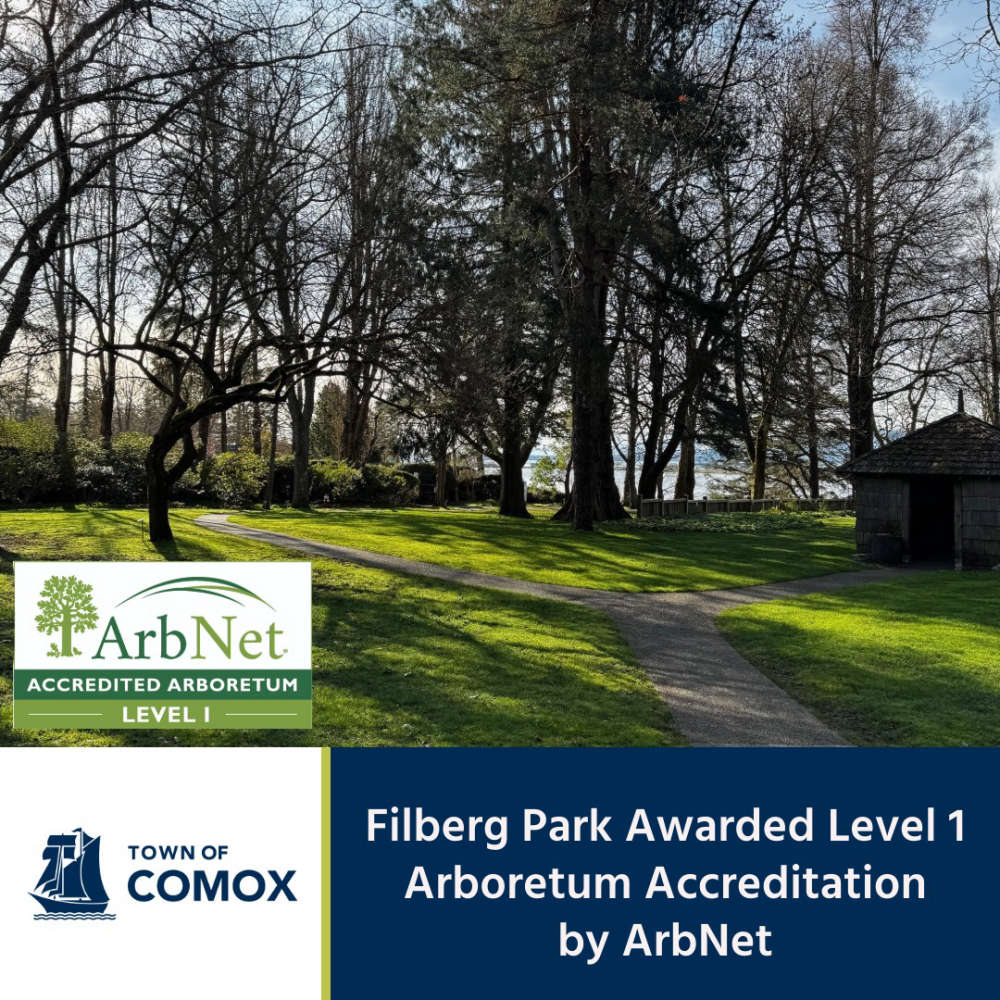
The Comox Valley Regional District has apologized for damaging both registered and unregistered K’ómoks Cultural Heritage Sites during construction of the Denman Cross Island Trail.
Since the incident occurred in Fall 2023, the CVRD says it has been working through a restorative justice process with K’ómoks to investigate the site and identify and complete remedial actions.
The CVRD has also identified where internal process errors occurred that led to these contraventions. The restorative justice process engages those involved in harmful events in dialogue about harm, reparation, accountability, and support while addressing the needs of all parties.
“On behalf of the CVRD board and staff, we deeply regret this incident and are committed to moving forward in a positive way.", said CVRD Chair Will Cole-Hamilton.
"At the same time, we know that once a site is disturbed the damage is irreparable and that piece of history is lost forever. That is why we must take all necessary steps to ensure that we are following the correct processes to prevent something like this from happening again. It is important that we share our experience with the community so that we can all understand the importance of undertaking the appropriate permitting before disturbing ground in culturally sensitive areas.”
Through subsequent staff-to-staff engagement in the permitting process, as well as dialogue with the province through a restorative justice process, several steps have been identified to address the harms caused by these errors.
These include offsetting K’ómoks First Nation staff costs incurred in relation to this incident, as well as a donation towards the Nation’s repatriation priorities.
The regional district also commits to improving internal procedures and providing further education for its staff about K’ómoks’ Cultural Heritage Policy permitting process through workshops and the CVRD’s employee onboarding program.
The K’ómoks Cultural Heritage Investigation Permit (CHIP) is a step towards reconciliation that gives K’ómoks the ability to further document and protect its Cultural Heritage.
The CVRD has applied CHIP to several capital projects, including the Sewer Conveyance Project which will replace aging sewer pipe and impact known culturally sensitive areas.
The CVRD says the permit is a way to move forward in developing pathways to site protection, community stewardship and co-management.
Following the CHIP process also reduces potential project shutdowns, delays and costs.
To see the full news release, visit Comox Valley Regional District.

 Filberg Park Awarded Special Accreditation
Filberg Park Awarded Special Accreditation
 Sportsplex Closed Wednesday For Repairs
Sportsplex Closed Wednesday For Repairs
 St. Ann’s Road Closure Today
St. Ann’s Road Closure Today
 Strathcona Regional District Approves 2025-2029 Financial Plan
Strathcona Regional District Approves 2025-2029 Financial Plan
 Comox Valley Talks Recreation
Comox Valley Talks Recreation
